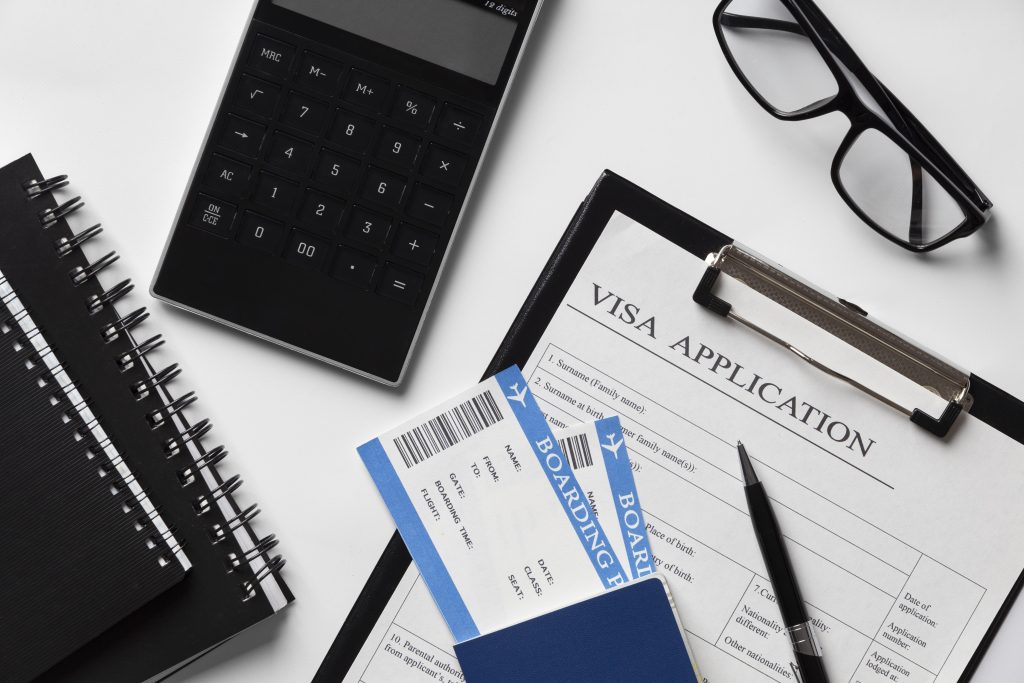
The European Union (EU) is home to one of the most dynamic and diverse job markets in the world, attracting millions of professionals from within and outside its borders. For foreign workers, the EU offers numerous opportunities across various industries, from technology and healthcare to education and engineering. However, working in the EU usually involves going through several EU visa processes, regulations and specific employment processes that differ from one country to the next. This has proven to be a challenge for many people from outside the EU who are seeking work and also for European employers as the extra layers of bureaucracy make it more difficult to attain top talent. Here at WorkinEU, we strive to bring light on these procedures and the steps involved in order to make the job hunting and visa process more clear, efficient and convenient by providing our members with all the information they need.
The EU’s legal framework is designed to promote equality, fairness, and mobility within the labour market. This ensures workers from abroad can access the same protections and opportunities as local employees, whether they are EU citizens or nationals from outside the EU.
Understanding these rules is crucial for anyone planning to work in Europe, as they help foreign professionals avoid legal pitfalls, ensure compliance with residency and work requirements, and empower them to demand their rights as employees.
This comprehensive guide outlines key aspects of EU employment law, including anti-discrimination policies, free movement of workers, residency and work permits, and workplace conditions. Whether you’re exploring options for the first time or are already in the process of relocating, this guide will equip you with the essential knowledge you need to succeed in the European job market.
The European Union upholds strict anti-discrimination laws, which apply to all workers regardless of nationality. Under EU law, foreign employees—whether they are EU citizens working in another member state or non-EU nationals with valid permits—must receive equal treatment in terms of:
💡 Did You Know? Discrimination in hiring practices is also prohibited, meaning job advertisements and recruitment processes cannot exclude candidates based on nationality.
These rules create a level playing field for all workers and encourage an inclusive, competitive labour market. However, it’s important for foreign workers to be aware of their rights and seek legal advice if they suspect discriminatory practices.
The free movement of workers is one of the cornerstones of the EU’s single market. This principle allows citizens of EU member states to work, live, and travel freely across the Union without facing restrictions.
EU nationals have the right to:
The rights of non-EU nationals vary depending on agreements between their home country and the EU. Some key considerations include:
💡 Pro Tip: Non-EU citizens planning to work in Europe should explore the EU Blue Card program, which simplifies the process for highly skilled professionals seeking employment in the region.
The free movement of workers ensures that EU citizens have unparalleled access to opportunities, while non-EU nationals can explore pathways to integrate into this competitive market.
For non-EU nationals, securing the right to work in an EU member state typically involves obtaining a valid work permit or residency visa. While the specifics vary between countries, there are some general steps and requirements to keep in mind:
💡 Resource: Consult our guide, How to Work in Romania: Employment Regulations for Foreigners in 2024, for an example of country-specific requirements.
Understanding and preparing the necessary documentation in advance can significantly streamline the application process, helping you avoid delays.
Foreign employees in the EU are entitled to the same working conditions as their local counterparts, as mandated by national labour laws. These laws ensure fair treatment and adequate worker protections.
Employees are entitled to:
💡 Don’t forget some of the important aspects that need to be verified before signing an EU employment contract. Ensure the contract includes clear terms for salary, working hours, leave entitlements, and termination conditions.
Foreign workers should thoroughly review their contracts before signing to ensure compliance with local laws and clarity in the terms of employment.
The EU and its member states have established robust legal frameworks to protect employees in the event of termination or redundancy. These protections apply equally to foreign workers, safeguarding them against unfair treatment.
Employers must provide employees with a notice period before terminating a contract, as specified by national labour laws. The length of this period typically depends on the duration of employment.
Foreign workers may be entitled to severance pay, depending on the country and the terms of their contract. Severance is often calculated based on the length of service.
Employees cannot be dismissed without valid cause. In cases of wrongful termination, workers can seek legal redress through local labour courts. Knowing your rights in case of termination can help you plan for transitions and seek recourse if necessary.
All employers in the EU are legally required to maintain safe and healthy working conditions for their employees, regardless of nationality.
💡 Actionable Tip: If you encounter unsafe working conditions, report the issue to your employer or the relevant labor authorities in your host country.
Health and safety laws protect workers from unnecessary risks, fostering productive and secure workplaces throughout the EU.
While the EU provides a broad legal framework, it’s essential to understand the specific laws of the member state where you plan to work.
🔗 Explore More: If you’re interested in working in Romania, read our detailed guide: How to Work in Romania: Employment Regulations for Foreigners in 2024.
💡 For up-to-date advice, consult with our legal professionals who will provide you with necessary information pertaining to your target country.
👉 Start your European journey today. Visit WorkinEU.now to find jobs, resources, and expert advice tailored for foreign professionals.